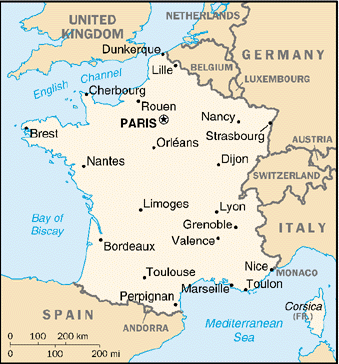ESL Worksheets
My Year, Roald Dahl
JULY/AUGUST
1. What amazing fact do you discover about Roald Dahl when he was 16 years old?
- Read the JULY chapter.
He2. How far was Dahls school from his home? (Give the exact distance.)3. What four things did Dahl wear when he rode his bike?
a)4. How did Dahl feel as he rode past the headmaster (page 44)?
b)
c)
d)He felt5. What would the headmaster have done if he had caught Dahl?He would have
6. If you want information about Dahls childhood holidays in Norway, what should you do?
- Read the AUGUST chapter.
You should read7. On the map below, use a pencil to trace the route Dahl followed in August 1933. When you are sure it is right, use a coloured pen/marker.
= baby caterpillars12. Use a dictionary to find the meanings of the following words/phrases. (They are all found in August.) Write them in your Vocabulary book. You must write the meaning and an example.
= older caterpillars (wrapped in
a case) before they become
butterflies
= to sleep during the winter
= an animal (or person) that
travels to another country and
lives there
Find out how each of these words is pronounced!a) vague (p.47)
b) fumes (p.48)
c) scorched (p.48)
d) famished (p.48)
e) crisp (p.50)
f) beneficial (p.50)
g) vast quantities (p.50)
h) a snag (p.51)
i) emerge from (p.52)13. Write about an enjoyable holiday you had. (You may write about the whole holiday or just about one interesting incident during the holiday.)
a) Start by explaining where and when you went on holiday. Say who you were with.
b) Use the Simple Past tense.
c) Use paragraphs.
d) Do not write: and and and !
e) Do not write: Then we Then we Then we !
f) Write at least 150 words. (Do this in your English exercise book.)
Frankie Meehan
